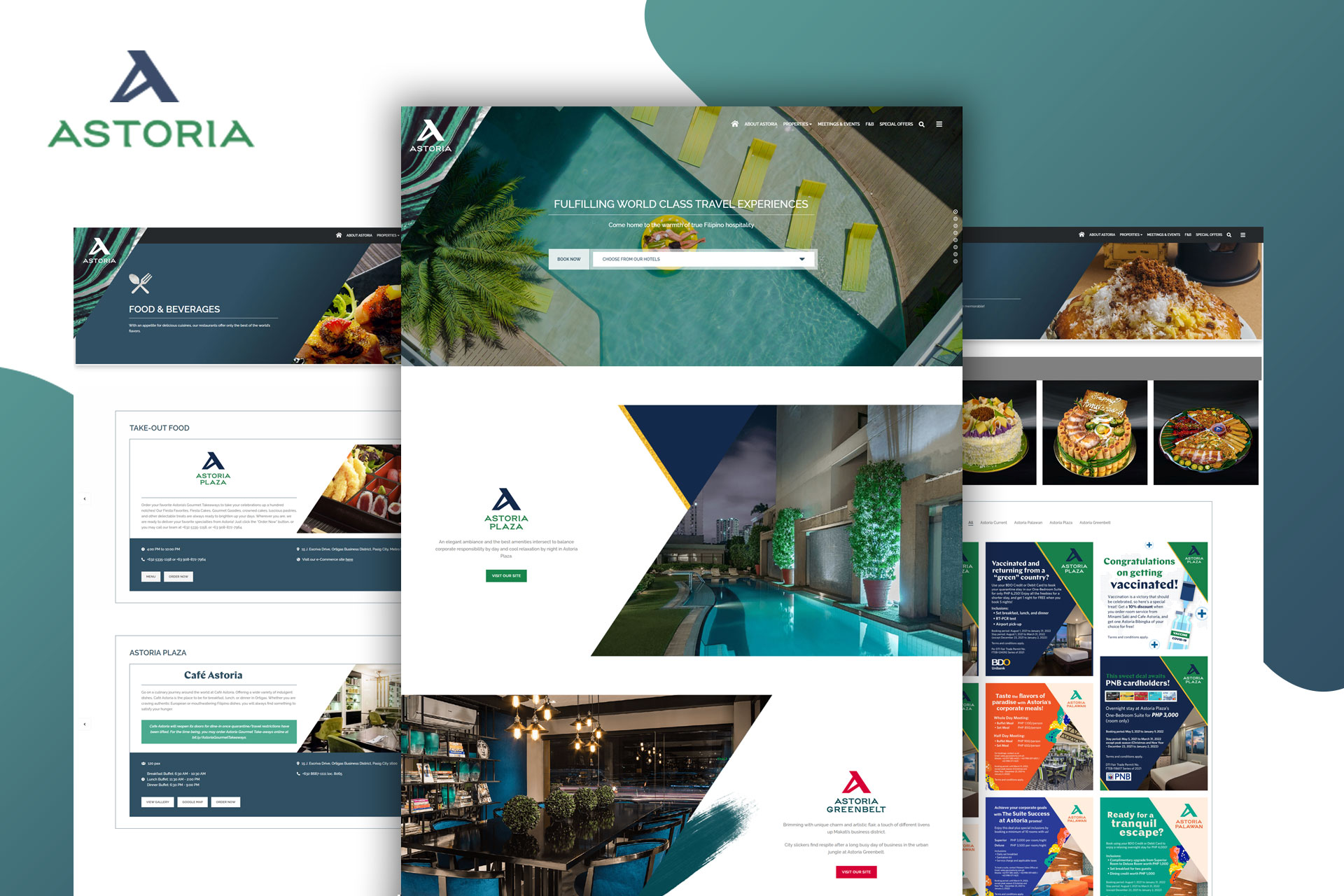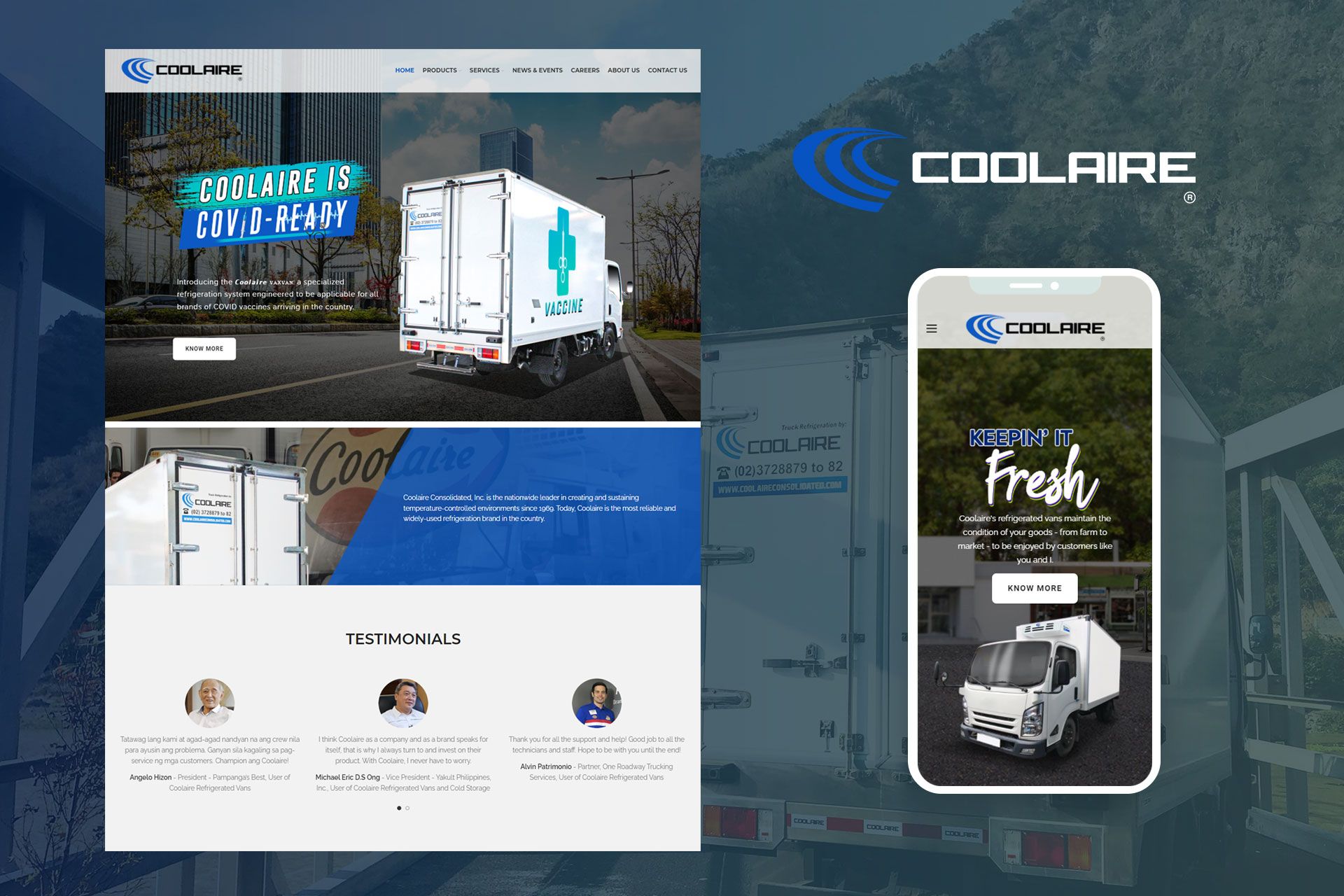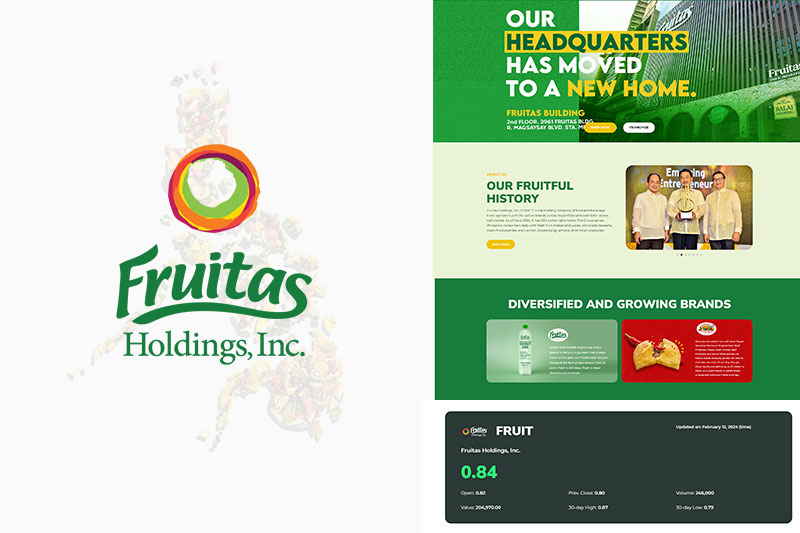With the fast-paced nature of the digital world, marketing strategies play a pivotal role in the success of online businesses. However, the realm of ecommerce marketing is often shrouded in misconceptions that can hinder growth and impede businesses from reaching their full potential.

In this blog, we’re diving deep into some of the biggest ecommerce marketing misconceptions and shedding light on the truths that can help you steer your online business towards triumph.
Myth #1: My Business Doesn’t Need E-commerce
The notion that certain businesses don’t require e-commerce is a misconception that overlooks the expansive reach and potential benefits of online presence. Regardless of industry, having an e-commerce component can open doors to new revenue streams and customer engagement. E-commerce not only provides a platform for direct sales, but also enhances brand visibility, allowing businesses to connect with customers globally. The digital era demands adaptability, and integrating e-commerce can future-proof your business by tapping into evolving consumer preferences and expanding your market reach beyond geographical limitations.
Myth #2: One-Size-Fits-All Strategy
It’s always important to know and understand that no two e-commerce or any marketing tactic, for that matter, are identical. One of the common misconceptions is that if a single marketing approach works for others, it will also work for you. But in reality, tailoring your strategy to your brand’s unique offerings and your target audience’s preferences is essential. Personalization enhances customer engagement and fosters a sense of connection that drives conversions.
Myth #3: An E-commerce Website Isn’t Necessary
If you have an online business, and you think that you don’t need an e-commerce website, then you should rethink your marketing strategies. A basic website won’t do much for your online business, as it is not designed to function the way an e-commerce website does. Keep in mind that the digital marketplace demands more than just a rudimentary setup. Modern consumers expect seamless experiences, advanced functionality, and responsive design.
Related: What is an Ecommerce Website? A Guide to What You Need to Know
Basic sites lack the features to showcase products effectively and communicate a brand’s value. Investing in a robust e-commerce platform with customization options, integration capabilities, and user-friendly features is essential for standing out and meeting customer expectations. Your website is your virtual storefront, and enhancing it beyond basic can significantly contribute to your business’s success in the competitive online landscape.
Myth #4: Social Media is Everything
While social media undeniably plays a significant role in e-commerce marketing, it’s not the only avenue to explore. Relying solely on platforms like Facebook, Instagram, or TikTok might neglect potential customers who prefer other channels. Diversify your marketing efforts across email campaigns, SEO (search engine optimization), influencer collaborations, and even emerging technologies like voice search.
Myth #5: Customers are Not Interested in Buying Online
The misconception that customers are disinterested in online purchases is far from the truth. In fact, the digital shopping trend has shown significant growth over the years, with 33.3% or 2.64 billion of people buying online. To simply put, among the individuals in your vicinity, one in every three shops online.
With the convenience of online browsing, comparison, and purchasing, customers are more inclined than ever to shop online. E-commerce provides a platform for businesses to reach a broader audience, offer personalized experiences, and tap into the increasing preference for online shopping. Dismissing this trend can lead to missed opportunities for businesses to connect with their customers in a way that aligns with their modern shopping habits.
Myth #6: Set It and Forget It
Some businesses believe that once a marketing strategy is in place, there’s no need for further adjustment. In the fast-paced world of ecommerce, this mindset can be detrimental. That’s why it’s advisable to regularly analyze your marketing campaigns, track metrics, and adapt based on changing consumer behaviors and market trends. It’s worth noting that flexibility and agility are crucial for sustained success.
Myth #7: Email Marketing is Outdated
With the rise of flashy social media campaigns, email marketing might appear old-fashioned. However, it remains a powerful tool for ecommerce businesses. Well-crafted email campaigns can foster customer loyalty, re-engage past buyers, and provide a personalized shopping experience. You can use automation to send tailored recommendations and exclusive offers based on customer behavior.
Related: 9 Benefits of Email Marketing That Every Marketer Shouldn’t Ignore
Myth #8: Instant Overnight Results
In the digital age, we often seek instant gratification, and e-commerce marketing is no exception. However, building a strong online presence and a loyal customer base takes time. Be patient and invest in sustainable, long-term strategies. Consistency in delivering quality content, exceptional customer service, and relevant promotions will yield gradual yet quality results.
Navigating the world of e-commerce marketing requires a discerning eye to differentiate between myths and realities. Dispelling these misconceptions and embracing effective strategies enables your online business to thrive in the competitive digital landscape. Remember, it’s not just about attracting visitors, but about engaging, satisfying, and retaining customers that will contribute to sustained success over time.
In need of ecommerce website development services for your business? Contact us today, and we’ll be glad to help you!


 Shopify Website Design
Shopify Website Design  Small Business Marketing
Small Business Marketing 




